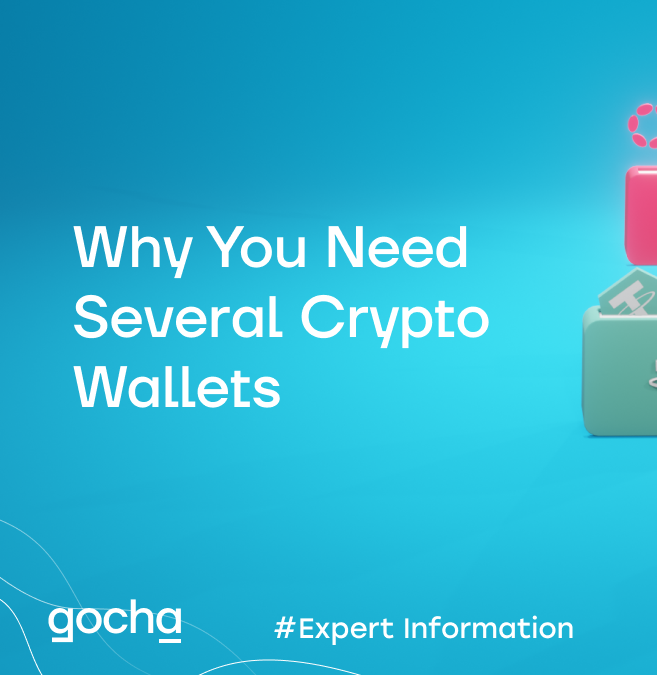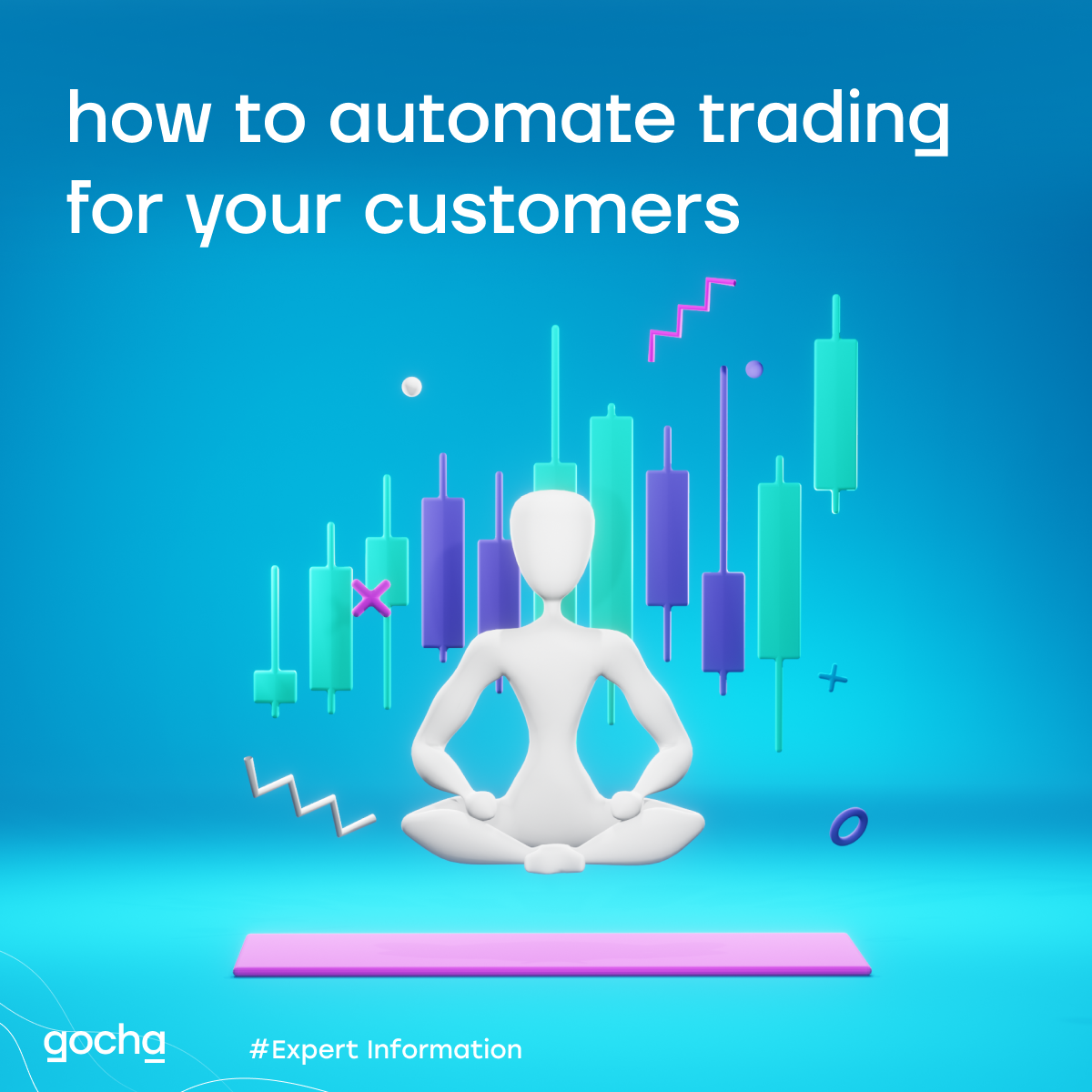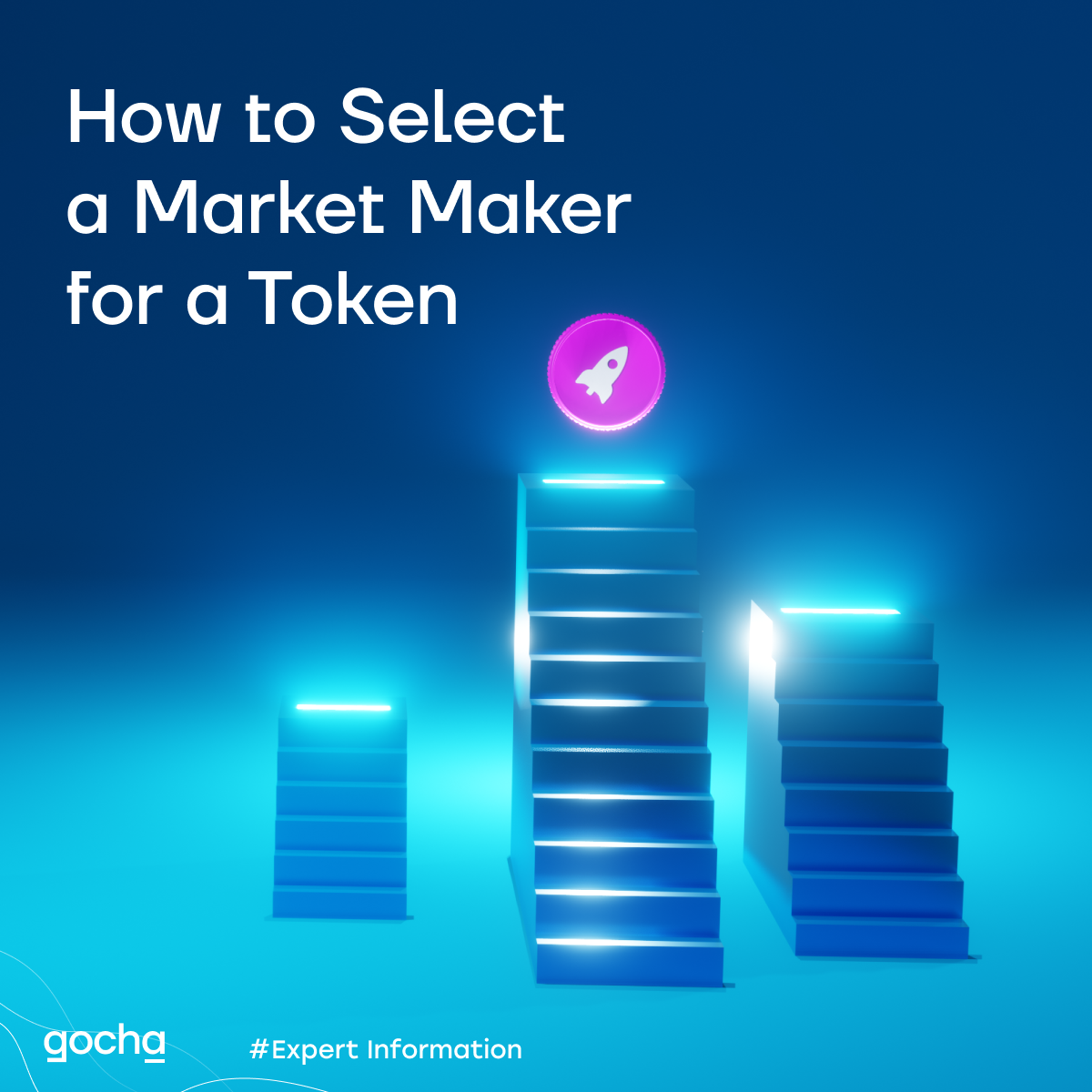Make Your Business Grow Faster With Market Making
Automated market-making (AMM) plays an important part in cryptocurrency trading as they make it easier to trade digital assets. AMM crypto trading involves creating a marketplace in which traders can buy and sell digital currencies. That means cryptocurrency trades can take place outside the confines of the traditional buyer-seller market on a decentralized exchange.
Automated market-making has helped lower transaction costs by 35-60% for investors, enabling a ~30% higher return on an investment over a 30-year horizon. 77% of asset managers have accelerated their adoption of electronic liquidity provisions since the pandemic.
Market makers have helped cut bid-ask spreads by ten times – from 0.023% to 0.002% – saving investors money each time they trade. It is also important to note that 53% of asset managers diversified how they accessed liquidity during the Covid-19 pandemic.
AMM is a financial tool unique to Ethereum and decentralized finance (DeFi). This new technology is decentralized, always available for trading, and does not rely on the traditional interaction between buyers and sellers.
This new method of exchanging assets embodies the ideals of Ethereum, crypto, and blockchain technology in general: no one entity controls the system, and anyone can build new solutions and participate.
The positive impact of market making
Market making involves the price-making of assets. Market makers are involved in the liquidity of exchange by promoting a negotiation medium for the buyer and the seller. The seller wants to sell his assets at a specific price, while the buyer wants to buy some of the assets at a different price. Market making involves finding prices and quantities between different buyers and sellers.
Let’s take a hypothetical example. Person A wants to sell 10 BTC at a price of $40,000 per BTC. Person B wants to buy 6 BTC at a price of $35,000 each. A market maker pushes person A to lower the ordered price to around $37,000 while suggesting person B should increase the buying price to $37,000. These demands are registered in an order book. In this way, BTC is sold by finding common ground between the buyer and the seller. This method of negotiation already exists with centralized exchanges. The reason for market-making is to increase liquidity.
The overall liquidity of a market has a significant impact on its growth, and market makers play an important role in ensuring liquidity. The market-making services provided by GOCHA will help to positively impact the market and mitigate price volatility by deepening the liquidity and making the token book more stable.
Simply put, the liquidity of an asset is the ease with which buyers and sellers can trade at any time.
- Increases market liquidity and order book depth
- Moderates dramatic price fluctuations
- Helps determine fair pricing
- More efficient bid-ask spreads in crypto exchange order books
Automated market-making enables a larger spectrum of investors to trade cryptocurrencies because they work within a decentralized exchange. With AMM coin exchanges, anyone with a crypto wallet can trade digital currencies. Automated market making in crypto also allows anyone to become a liquidity provider, which comes with incentives. Liquidity providers get a fraction of the fees paid on transactions executed on the pool.
What are the specific advantages of AMM vs. order books for crypto trades?
Order books have been the bedrock of the financial market for years and are better suited for more advanced trading strategies. However, automated market making has two distinct advantages.
- 24/7 liquidity – liquidity is always available for trading/swapping as traders have deposited into a liquidity pool that is built on an unstoppable blockchain. Generally, traders are no longer reliant on a few professional market makers being present in the market (although it is certainly true that there could be just one depositor who makes up the entire liquidity pool, and it is true that blockchains are not always unstoppable!)
- Accessibility – as anyone can become a market maker by depositing into the AMM liquidity pool, the barriers to entry for spinning up new liquidity pools are very low. Communities can easily support their favorite token projects with liquidity and therefore contribute to their growth whilst earning a share of fees from trading activity.
Market-making program for token projects
A wide number of tokens, especially newly listed ones, may face a lack of liquidity, poor order book, and low trading volumes. Such issues may have a negative impact on investment appeal and a token price. GOCHA’s market-making strategy is aimed at preventing these problems in synergy with advanced market-making software and bots.
By adopting a market maker who provides liquidity on pre-agreed terms, token companies can potentially expect the following benefits:
- Easier listing on major cryptocurrency exchanges: more reputable cryptocurrency exchanges are more likely to list tokens on their platform because they know that there is a market maker committed to providing liquidity 24/7.
- Higher trading volume: higher liquidity can lead to more interest and trading in the token due to lower transaction costs and market impact.
- Lower probability of price manipulation: higher liquidity makes it more difficult to manipulate the price of a token since more capital is needed to move prices.
- Higher interest in the token project: with more people trading tokens and potentially listing them on larger exchanges, there will be more interest and discussion about token projects.
- Higher liquidity: by having enough liquidity available in the token, investors and founders can more easily invest or liquidate their positions
Market-making program for crypto exchanges
It supports both established and new crypto exchanges, allowing you to achieve the following potential benefits:
- Lower probability of price manipulation: higher liquidity makes it more difficult to manipulate the price of a token since more capital is needed to move prices.
- Higher trading volume: traders are more likely to trade a cryptocurrency if there is enough liquidity available because of lower market impact and execution costs.
- Higher interest in the cryptocurrency exchange: usually, liquidity attracts more liquidity and, at the same time, more interest from traders and associated revenues for the exchange.













